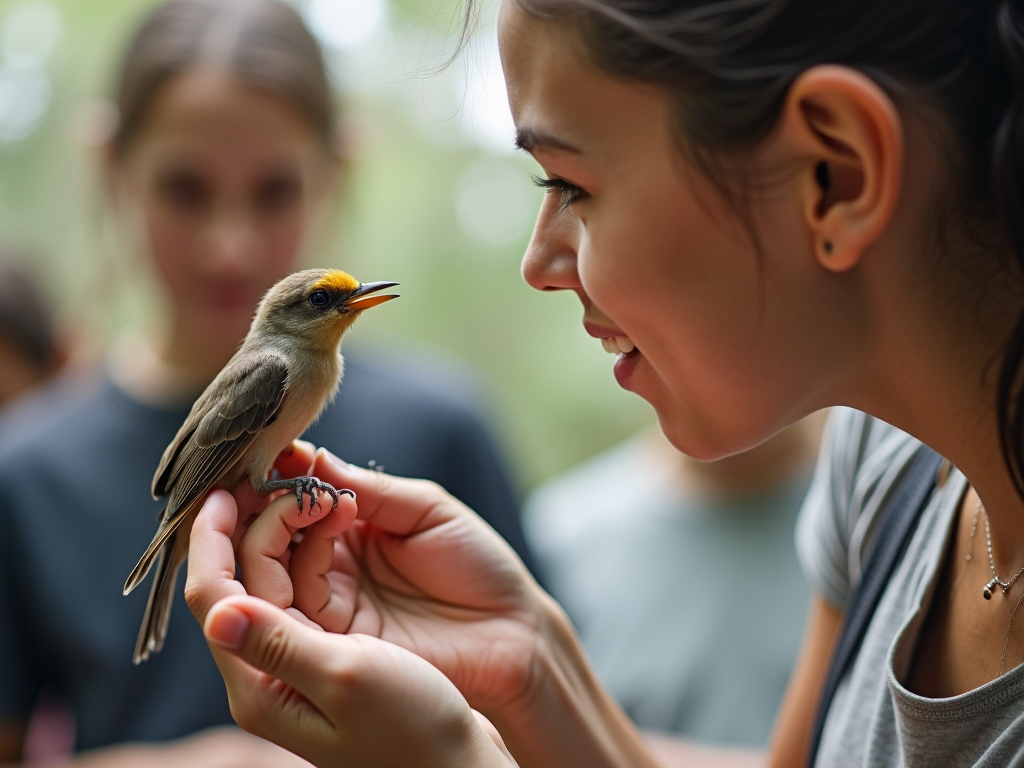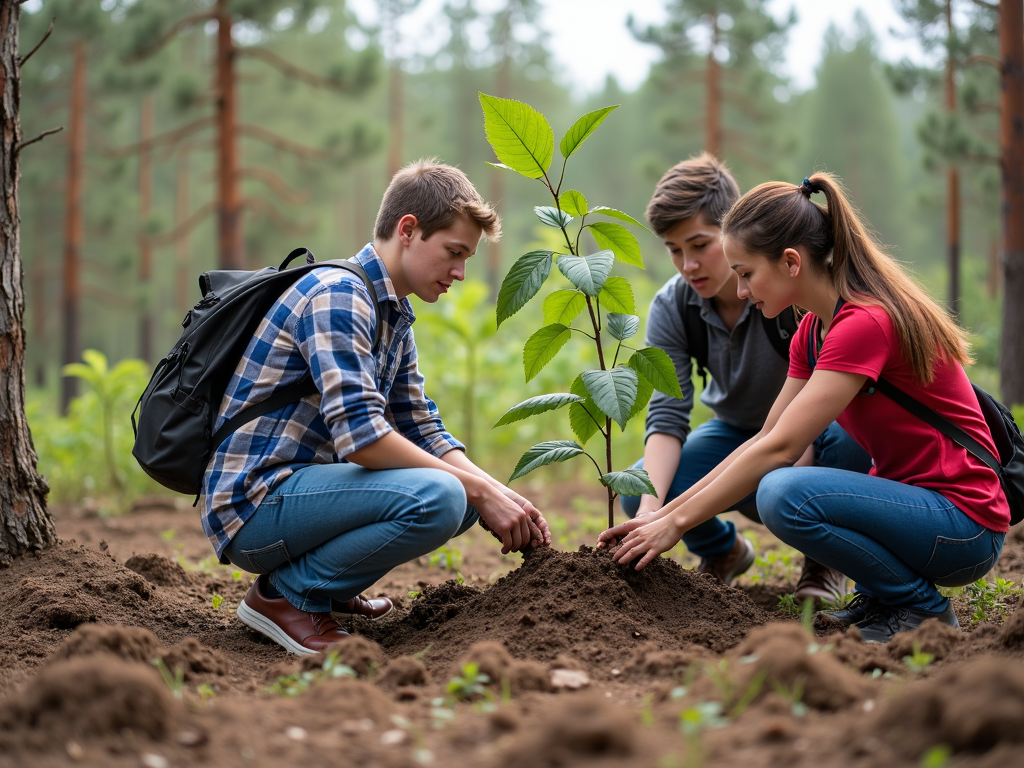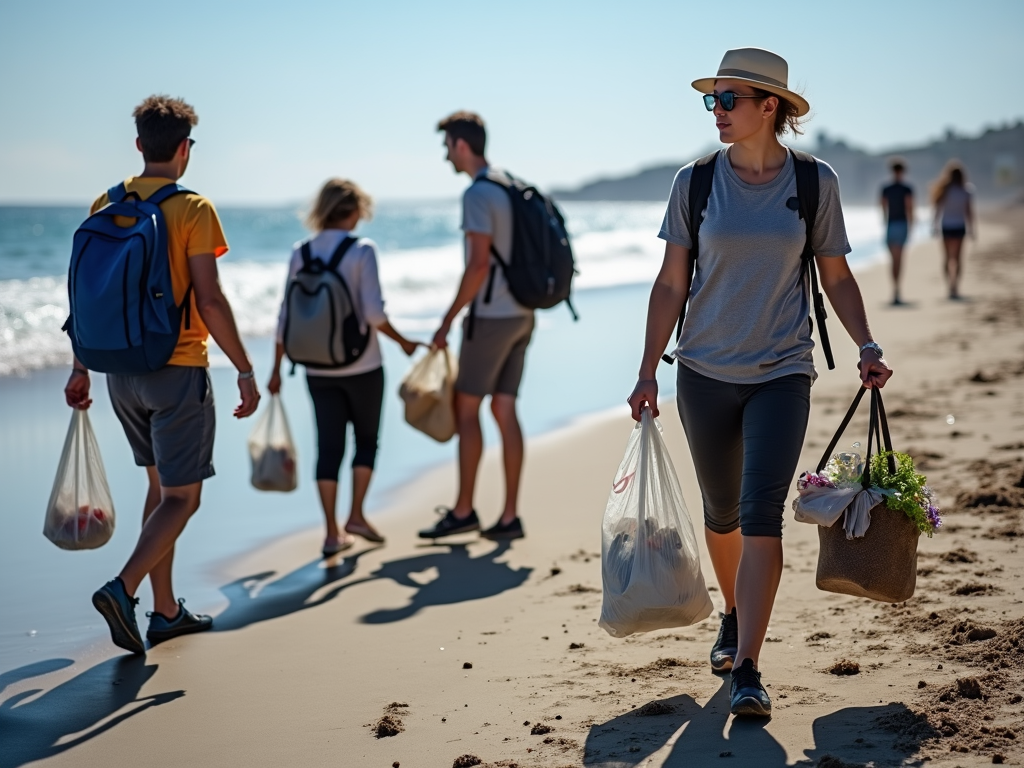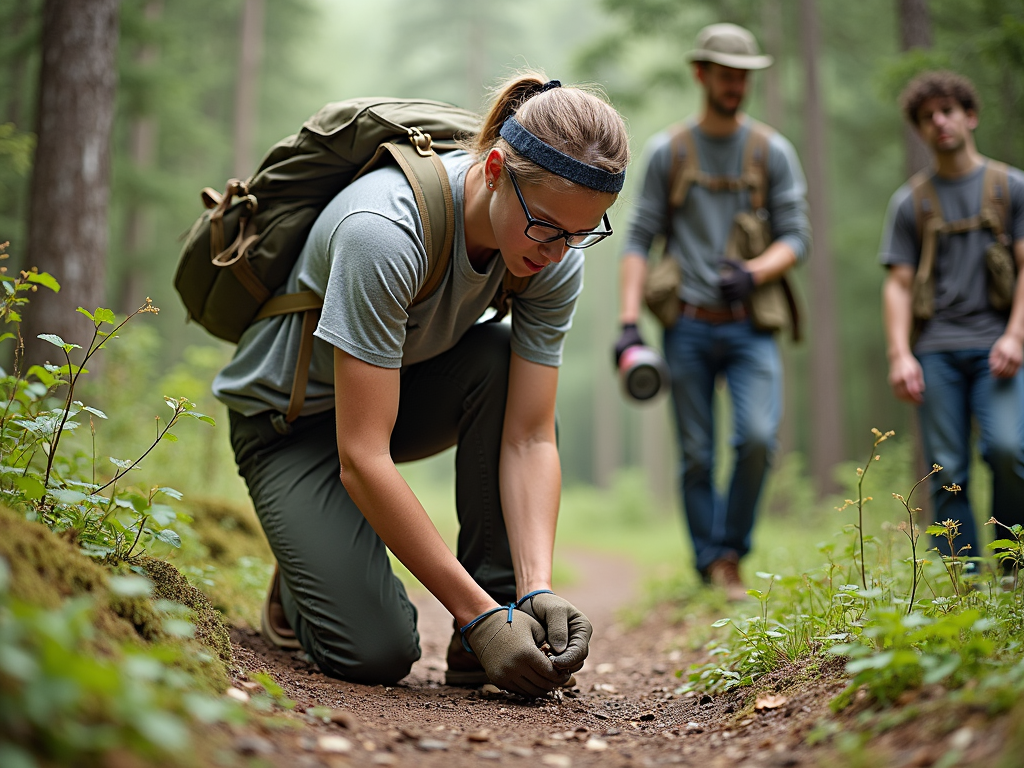Service Learning Opportunities for College Students in Conservation: A Guide to Making a Difference
By , March 18, 2025
Overview: Service learning in conservation offers college students a unique chance to apply classroom knowledge to real-world environmental challenges while giving back to the community. This guide explores the benefits, top opportunities, and how to get involved in service learning projects focused on conservation.
What is Service Learning? Service learning is a teaching method that combines academic instruction with meaningful community service. It allows students to apply what they've learned in the classroom to real-world situations, enhancing their understanding and skills while benefiting the community. Service learning has its roots in the experiential education movement and has evolved into a recognized high-impact educational practice that promotes civic engagement and personal growth.
Benefits for College Students: Participating in service learning, especially in conservation, offers numerous benefits: - Hands-on experience: Students gain practical skills and knowledge by working on real conservation projects. - Leadership and teamwork skills: Collaborative projects help students develop essential soft skills. - Networking opportunities: Students can connect with professionals and organizations in the field. - Sense of accomplishment: Contributing to meaningful projects fosters a sense of purpose and fulfillment.
Service Learning in Conservation: Conservation service learning projects can vary widely, from local initiatives like park cleanups to global efforts like wildlife preservation. These projects allow students to apply their knowledge of environmental science, biology, or ecology in practical settings. Organizations like the Student Conservation Association (SCA) and the World Wildlife Fund (WWF) offer various programs for students to engage in conservation efforts.

Top 5 Volunteer Opportunities in Environmental Conservation: 1. Wildlife Rehabilitation Centers: Assist in caring for injured or orphaned animals. Students can gain experience in animal care and learn about wildlife conservation. Contact local centers or organizations like the National Wildlife Rehabilitators Association to get involved. 2. National Park Service: Participate in trail maintenance, visitor education, or research projects. Programs like the Youth Conservation Corps offer summer employment for young people to work on conservation projects in national parks. 3. Community Gardens: Help establish or maintain gardens that promote sustainability and biodiversity. This can involve planting, weeding, and educating the community about sustainable practices. 4. Beach Cleanups: Organize or join efforts to remove trash from coastal areas. This helps protect marine life and raises awareness about pollution. 5. Tree Planting Initiatives: Contribute to reforestation efforts in deforested or urban areas. Organizations like the Arbor Day Foundation often have tree planting events that welcome volunteers.

Getting Involved: To start your service learning journey in conservation: - Contact your college's service learning or volunteer office for opportunities. - Research local conservation organizations and inquire about volunteer positions. - Join student clubs or groups focused on environmental conservation. - Look for internships or part-time jobs in conservation-related fields.
Personal Insight: Imagine spending your summer in a national park, not just as a visitor, but as a volunteer helping to maintain the trails. You learn about the local ecosystem, work alongside park rangers, and leave knowing you've contributed to preserving the park for future generations. This is the power of service learning in conservation.

Challenges and Solutions: While rewarding, conservation service learning can present challenges such as physical labor or working in adverse conditions. However, with proper preparation, teamwork, and a positive attitude, these challenges can be overcome, leading to personal growth and a deeper appreciation for conservation work.
Table: Benefits of Service Learning in Conservation | Benefits | |----------------------------------------------| | Hands-on experience | | Leadership and teamwork skills | | Networking opportunities | | Sense of accomplishment |
Choosing the Right Opportunity: When selecting a service learning project, consider: - Your academic and career goals. - The skills you want to develop. - The location and duration of the project. - The organization's reputation and impact.
Quote: "Volunteering at the wildlife rehabilitation center was a life-changing experience. I not only learned about animal care but also about the importance of conservation and community involvement." - Jane Doe, Biology Major

Why Conservation Matters: Conservation is crucial for maintaining biodiversity, protecting ecosystems, and ensuring the sustainability of our planet. By participating in conservation projects, college students can play a vital role in addressing environmental challenges and creating a better future.
Tips for Successful Service Learning: - Set clear goals and expectations. - Communicate effectively with project leaders and team members. - Be open to learning and adapting. - Reflect on your experiences and how they relate to your academic and personal growth.
Statistic: According to the Corporation for National and Community Service, over 1 million college students participate in service learning each year, contributing to various causes including environmental conservation.
Conclusion: Service learning in conservation is a powerful way for college students to make a tangible impact on the environment while gaining valuable skills and experiences. By participating in projects like wildlife rehabilitation, national park service, community gardens, beach cleanups, and tree planting, students can contribute to a sustainable future. Start your journey today and be part of the change.
Call-to-Action: Ready to make a difference? Explore service learning opportunities in conservation today and start your journey towards a more sustainable future.